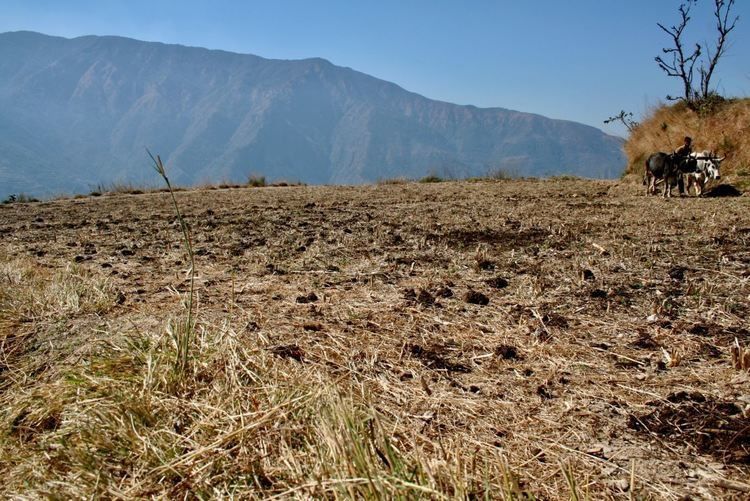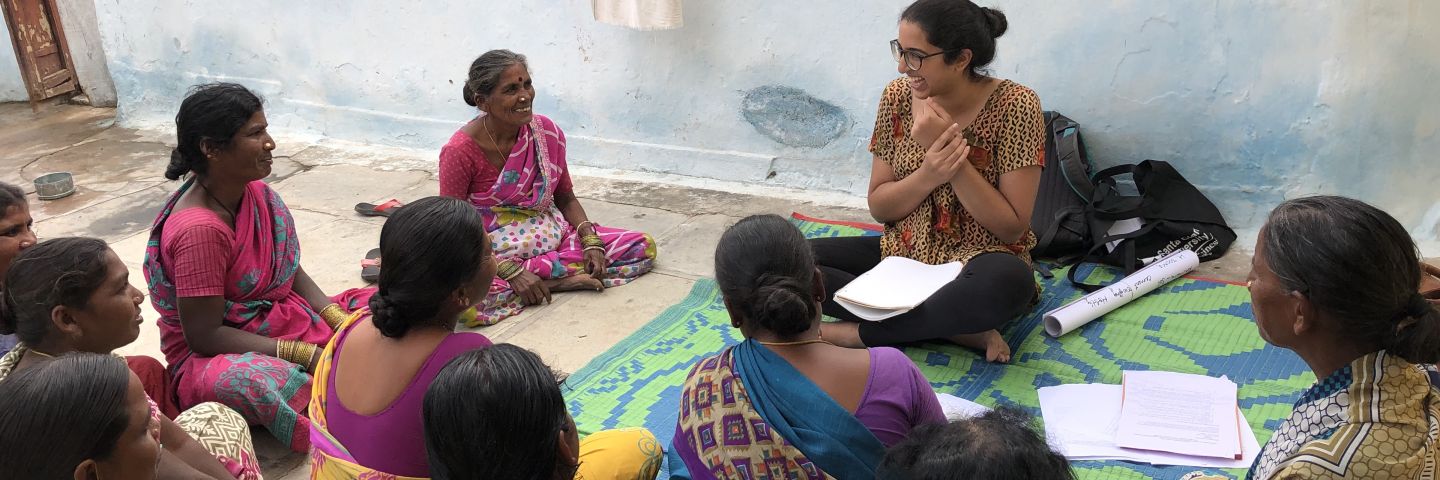Becoming Organic: Nature and Agriculture in the Indian Himalaya, Shaila Seshia Galvin

October 4, 2021
11:00 am
Just after the turn of the new millennium, in 2003, the newly created state of Uttarakhand in India’s central Himalayas declared its ambition to become fully organic in all aspects of agricultural production. But what does it mean to become organic in a region where many people claim agriculture has always been “organic by default”? Tracing the social and bureaucratic life of organic quality as it is produced in Uttarakhand, this talk decenters commonly held understandings that hold up organic as a property of land and its produce. I show instead how organic may be more fully understood as a quality that is historically and socially produced and assembled within relationships forged between farmers, state authorities, private corporations, and new agrarian intermediaries, and that affirms, even as it seeks to rework, enduring distinctions between nature and agriculture in India.
Shaila Seshia Galvin is an Associate Professor in the Department of Anthropology and Sociology at the Graduate Institute of International Development Studies in Geneva, Switzerland. She conducts research at the intersection of environmental, political, and economic anthropology. Her recently published book, Becoming Organic: Nature and Agriculture in the Indian Himalaya (Yale University Press, 2021), emerges from long-term research interests in processes of agrarian change. Her upcoming research will examine intersections of agriculture and bioeconomies, as well as the proliferation of audit technologies and accounting methodologies as tools of environmental management and governance through a new project funded by the Swiss National Science Foundation, “Accounting for Nature: Agriculture and Mitigation in the Era of Global Climate Change.” Her work has been published in American Ethnologist, Annual Review of Anthropology, Journal of Asian Studies, and World Development, among others.
This event is co-sponsored by the Departments of Anthropology and Global Development.
Additional Information
Program
Mario Einaudi Center for International Studies
South Asia Program

